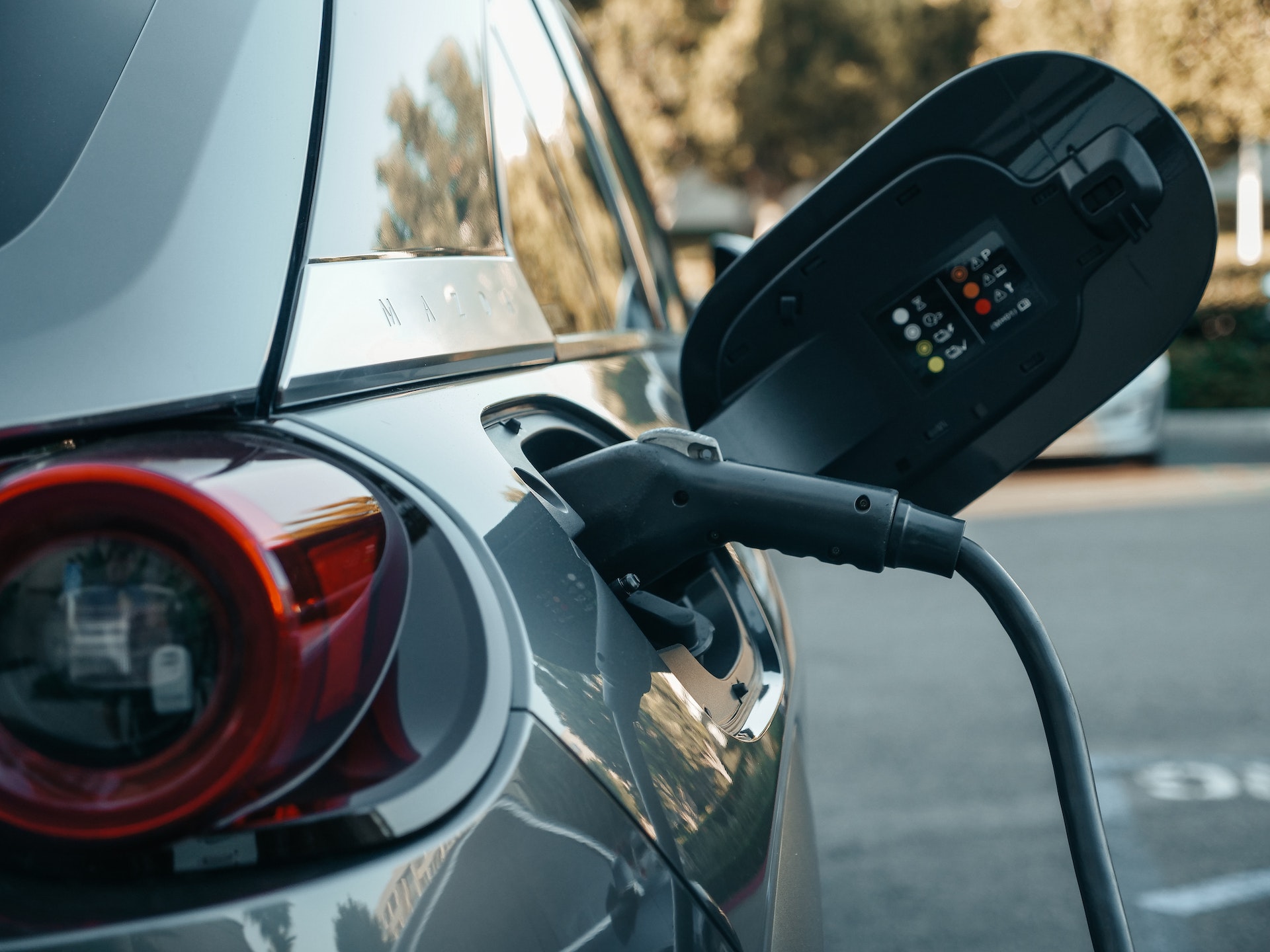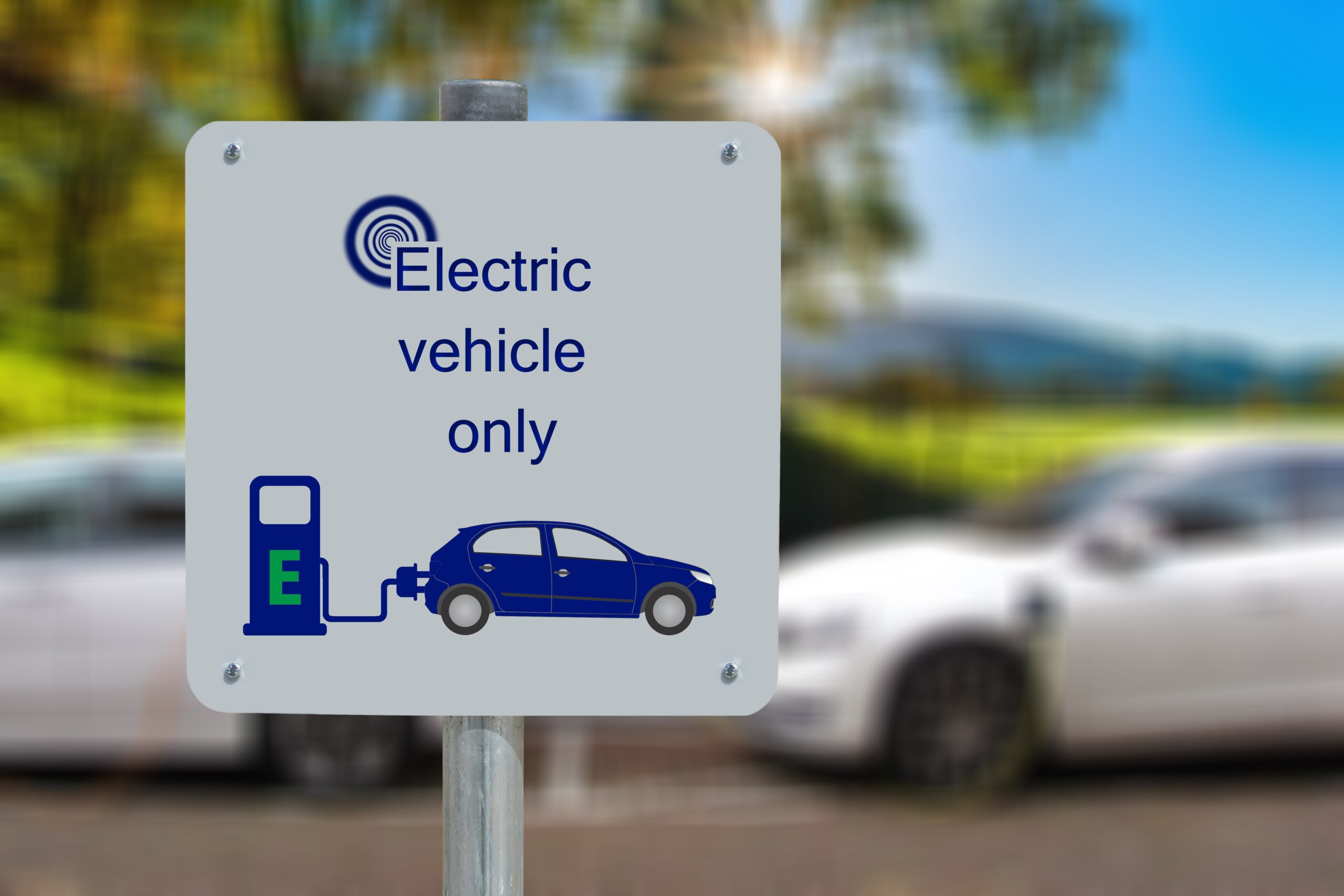Electric vehicle charging for businesses

Written by Matthew Gibbons, managing director of Plug&Drive
The uptake of electric vehicles (EVs) in the UK is progressing at an incredible rate. As of April 2023, there were more than 1.2 million EVs and plug-in hybrids on UK roads.
To facilitate the government’s goal of banning petrol and diesel vehicle production in 2030, it’s estimated that 300,000 publicly accessible EV charge points will be required across the country. At the start of this year, there were only 37,055, a mere 12.4% of the target.
As a business owner, you can support the widespread installation of EV charging infrastructure by installing charge points at your premises, whilst benefiting your business too.

What businesses can benefit from charging opportunities?
Businesses that serve long-stay customers or clients, or experience significant daily foot traffic can benefit from EV charge points, such as supermarkets, shopping centres, restaurants, hotels, and more. Non-customer-facing businesses can provide advantages to employees and any visitors or clients.
Before deciding on company charge points, it’s essential to consider the following factors.
How many charge points would you need?
You can identify the target users for the charge points based on your business type. Customer-facing establishments may require charging options for both customers and employees, while office-based businesses may cater primarily to employees and visitors.
Estimating the exact number of charge points that you’ll need can be difficult. There’s no guarantee of how many daily customers will be driving an EV and also want to use the charging facilities. You may choose to encourage your foot traffic to complete a quick EV-related survey to estimate the demand.
You can run a similar survey for employees or visitors to your business. Ask whether they currently drive an EV, or are considering switching, how long their commute is and whether they would utilise company charging opportunities.

Where will the charge points be located?
The most common suitable location is within the car park. Ensure that you have permission to conduct the installation works if you rent this land, and be confident that you have a long-term lease or guaranteed renewal, as it often isn’t financially viable to remove and relocate charge points after installation. If you own the car park, this isn’t a concern.
Consider how much space you have within your car park, and be sure to leave ample room for petrol/diesel drivers. You may want to separate customer and employee charge points to ensure that there are adequate charging opportunities for both. If the installation location is far from the main electricity supply, expect additional time and costs for increased underground work.
Can the electrical capacity support EV charging?
EVs are high-energy devices and managing multiple charging processes simultaneously may strain the electrical circuit. An electrician can survey the installation area to assess the electrical capacity. There are ways to increase the electrical supply for an area, but be aware that this comes with additional work and costs.
Opting for charge points with dynamic load balancing is advisable when installing a large number, as they distribute electricity to all outputs concurrently without overloading the circuit.
Will you take payment?
Offering free EV charging can be an excellent incentive, differentiating your business from competitors and increasing foot traffic and customer loyalty. Be sure to take your business’s affordability into account, but also observe what your competitors offer, so if similar businesses in the area do not charge a fee for EV charging, then you may want to follow suit.
For employees, free charging can be a valuable benefit, especially for those using company-provided EVs. However, this might create dissatisfaction among employees with petrol or diesel vehicles, so consider alternative incentives for them, such as compensation for their fuel costs when commuting to and from work.
Alternatively, you can charge users based on the exact kilowatt-hours used or offer subsidised charging, absorbing some of the cost back into the business. Fuuse is a user-friendly charge point management system that can simplify the payment process for businesses.
Installing EV charge points is a worthwhile investment for businesses, considering the growing popularity of EVs and upcoming legislation to phase out petrol and diesel vehicles. Stay ahead of the demand and install EV charge points at your business to attract customers, improve employee satisfaction, and contribute to a sustainable future.
—————————————————————————————————————————
Matthew Gibbons is managing director of Plug&Drive, a UK manufacturer and installer of electric vehicle charge points.





